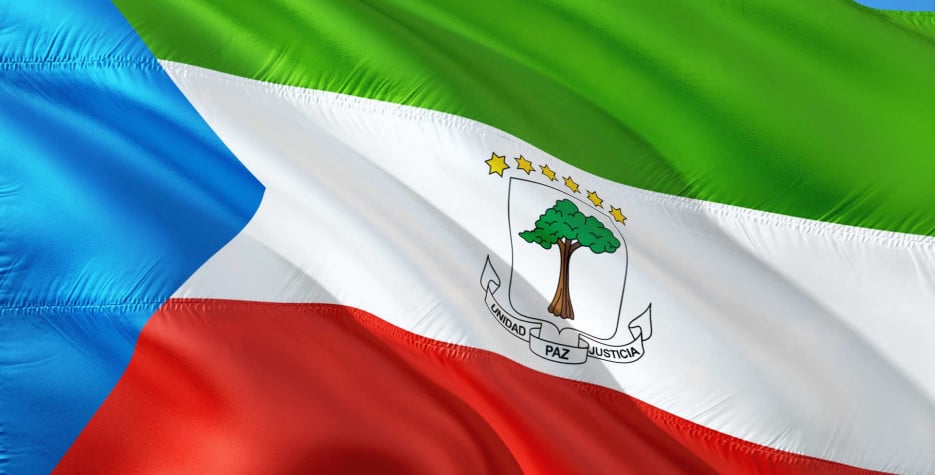When is Equatorial Guinea Independence Day?
Independence Day is a public holiday in Equatorial Guinea observed on 12th October.
This is the National Day of Equatorial Guinea and marks independence from Spain on 12 October 1968.
History of Independence Day of Equatorial Guinea
Equatorial Guinea is a country in West Africa. It is made up of a mainland territory called Rio Muni, and five islands including Bioko, where the capital Malabo is located.
The first European contact took place in 1471 with the arrival of the Portuguese navigator Fernão do Pó. The island he sighted was named after him, Fernando Poo (now called Bioko). This island and another called Annobon were colonized by Portugal shortly after.
In 1778, under the Treaty of El Pardo, Portugal ceded its control of the region to Spain in exchange for land in South America.
Did you know?
Equatorial Guinea is the only independent nation in Africa where Spanish is an official language.
In 1900, it became a colony called Spanish Guinea. In 1959 the region was reorganized into two provinces of overseas Spain and in 1963, the two region were joined and given a degree of autonomy and named Equatorial Guinea.
Did you know?
Equatorial Guinea's name indicates its location near both the Gulf of Guinea and the Equator, although no part of the country’s territory lies on the equator.
These changes to the status did little to dampen the growing call for independence and in March 1968, under pressure from the United Nations, Spain announced that it would grant independence to Equatorial Guinea.
On 12 October 1968 Equatorial Guinea gained its independence with Francisco Macías Nguema becoming the president of the Republic of Equatorial Guinea.


